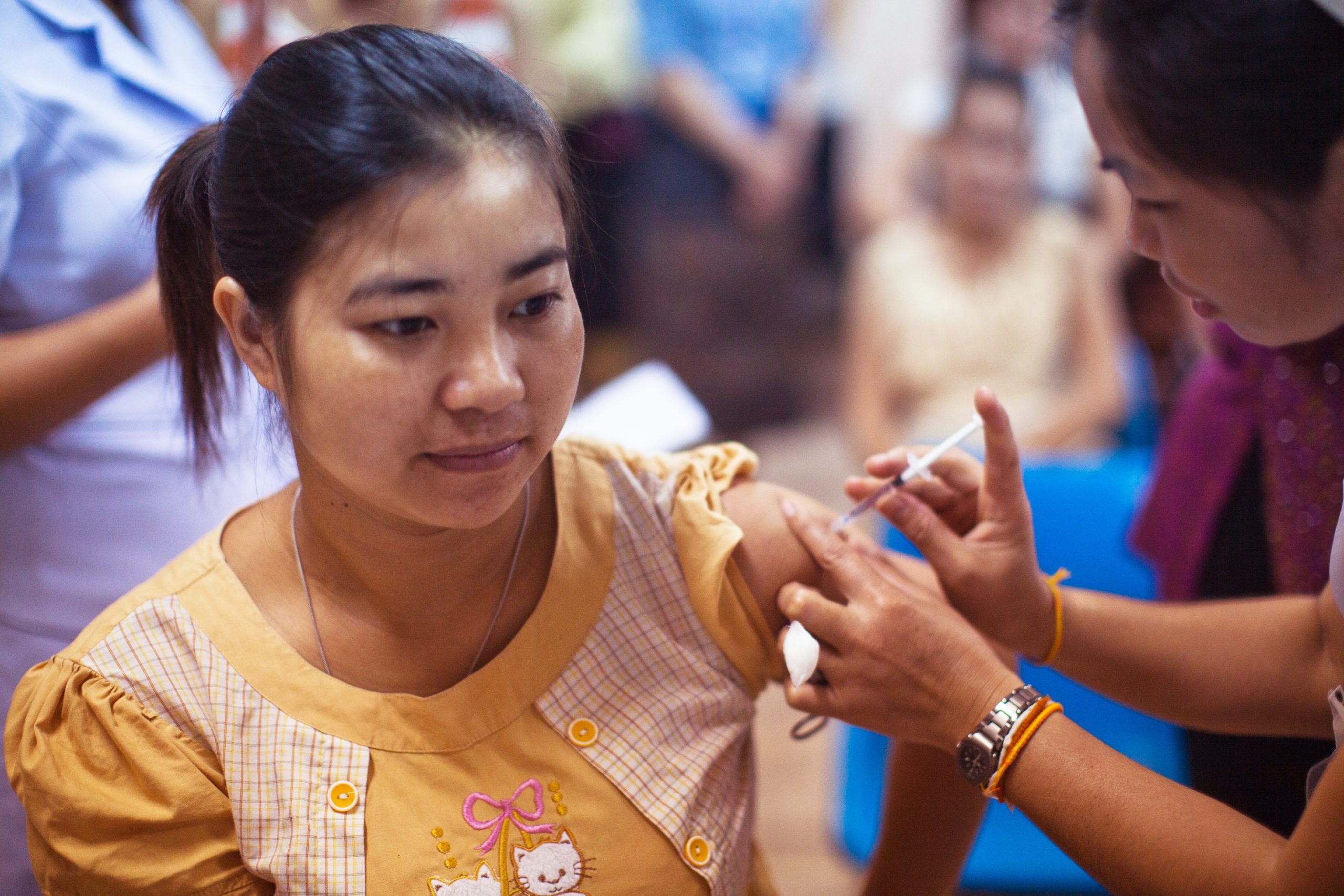- 19 April 2023
- 70
Beyond Borders: Global Health and the Moral Imperative to Provide Accessible Medical Care

Access to medical care is a fundamental human right, yet millions of people around the world still lack basic healthcare services. Despite significant advancements in medicine and technology, there are still vast disparities between developed and developing nations when it comes to global health. The COVID-19 pandemic has made it even more apparent that accessible medical care should be a universal priority. In this blog post, we’ll explore the moral imperative behind providing accessible medical care beyond borders and examine what needs to be done to make access a reality for everyone, regardless of geography or socio-economic status.
The current state of global health
The current state of global health is a complex issue that encompasses a wide range of factors. Despite significant progress in healthcare over the past century, there are still major gaps in access to medical care, especially for those living in developing countries.
One of the biggest challenges facing global health today is the burden of disease caused by poverty and inequality. People living in impoverished communities often lack access to basic sanitation, clean water, and adequate nutrition, which can lead to high rates of infectious diseases like malaria and tuberculosis.
Additionally, non-communicable diseases like cancer and heart disease are becoming increasingly prevalent worldwide as people adopt more sedentary lifestyles and unhealthy diets.
The COVID-19 pandemic has brought renewed attention to these issues, highlighting the need for universal access to medical care regardless of socio-economic status or geographic location. While progress has been made in recent years through initiatives like the United Nations’ Sustainable Development Goals, much work remains if we hope to achieve truly equitable healthcare for all.
The moral imperative to provide accessible medical care
Access to medical care is a fundamental human right that should be available to every person, regardless of their location or financial status. The moral imperative to provide accessible medical care stems from the belief that all individuals deserve access to basic healthcare services.
Unfortunately, many people worldwide do not have access to adequate healthcare resources due to poverty, inadequate infrastructure and lack of education. This results in preventable deaths and illnesses that could have been treated if there had been better access to medical care.
Providing accessible medical care is more than just a humanitarian effort; it is also an ethical obligation. As members of society, we have a duty to help those who are less fortunate than ourselves. By ensuring everyone has equal access to healthcare services, we can create a healthier and more equitable world for everyone.
In addition, providing accessible medical care can promote economic growth by reducing the burden of illness on families and communities. When people are healthy enough to work and participate in their local economy, they contribute positively towards the development of their nation’s economy.
Therefore, governments must prioritize investing in public health systems so that affordable and quality health services are made available for all citizens. Health professionals also play a significant role by engaging with underserved populations through community outreach programs or volunteering at clinics.
Ultimately, providing accessible medical care should no longer be considered an option but rather a necessity driven by our shared humanity.
What needs to be done to make accessible medical care a reality
To make accessible medical care a reality, there are several key steps that need to be taken. Firstly, healthcare providers and governments must prioritize investing in healthcare infrastructure in low-income countries. This includes building hospitals and clinics, training healthcare workers, and developing supply chains for essential medicines.
In addition to physical infrastructure, digital health technologies can play an important role in expanding access to medical care. Telemedicine platforms can connect patients with doctors remotely, making it easier for people living in remote areas or with limited mobility to receive quality care without having to travel long distances.
Another crucial step is increasing funding for global health initiatives. Donor countries must commit more resources towards improving access to medical care in low-income countries through increased foreign aid spending.
Addressing the root causes of poor health outcomes such as poverty, inequality and lack of education is fundamental if we are going to improve global health overall. By tackling these underlying issues while also prioritizing investment into healthcare systems around the world we will begin bridging this gap between those who have access versus those who do not.
By taking these necessary steps together as a global community we can work towards ensuring everyone has equal opportunity when it comes to accessing life-saving treatment regardless of their income or where they live around the globe.
Conclusion
Providing accessible medical care to all people regardless of their location or socioeconomic status is not only a moral imperative but also a matter of global health importance. It requires the collective efforts and commitment of governments, healthcare providers, international organizations, civil society groups, and individuals.
To achieve this goal, there needs to be an increase in funding for global health programs and research initiatives. There should also be more investment in primary healthcare systems that focus on prevention and early detection of diseases rather than just treatment options.
Moreover, we need to address social determinants such as poverty, education levels, environmental factors that affect access to medical care.
As individuals living in a global community with shared interests in our wellbeing and survival as humans on this planet earth – it is incumbent upon us all to take action towards ensuring that everyone has equitable access to quality health care services no matter where they live. We must act beyond borders because when it comes down to basic humanity- every life matters!

